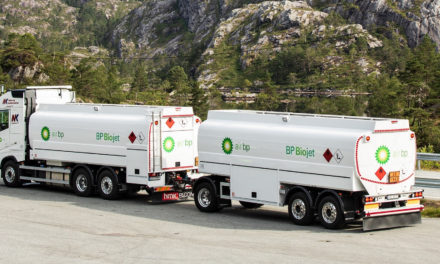“The global private jet charter services market size is estimated to be at $15.27 billion in 2024, and, according to Mordor Intelligence, is expected to grow at a CAGR of 13.92% for the next five years. The segment is not only prospering but also changing and attracting new clientele. And it is about time that private and business jet travel shook off the label of just being a celebrity indulgence,” says Justinas Bulka, CEO of KlasJet. The exclusive private and corporate flight charter company is an ACMI leasing service provider, and part of Avia Solutions Group.
In 2023, the aviation sector saw strong signs of recovery, with the remnants of post-pandemic restrictions being lifted across the world. However, the war in Ukraine and the subsequent closing down of airspace over Russia, the Hamas-Israel conflict, and a general sense of geopolitical instability around the world added its fair share of challenges. And while the commercial aviation sector continued an upward growth trajectory, private aviation saw an understandable correction and the normalization of demand.
In Europe, governments are becoming increasingly sensitive to sustainability. Even though the private aviation sector is accountable for just 0.02% of greenhouse gas emissions, the sector continues to be under heightened scrutiny. Austria, France and the Netherlands have all expressed the desire to curb the impact of private jet travel on the climate.
In its most recent 41st Assembly, the International Civil Aviation Organization (ICAO) established a new baseline for the Carbon Offsetting and Reduction Scheme for International Aviation (CORSIA), setting it at 85% of the emissions levels recorded in 2019. This adjustment applies from 2024 through to the scheme’s conclusion in 2035, marking a considerably more stringent target than initially anticipated. Notably, this decision has garnered substantial support from the industry, including from private aviation charter companies.
“Ultimately, while pressure from both regulators and society poses its fair share of challenges, it encourages the industry to put an effort into reducing emissions,” adds Justinas Bulka.









